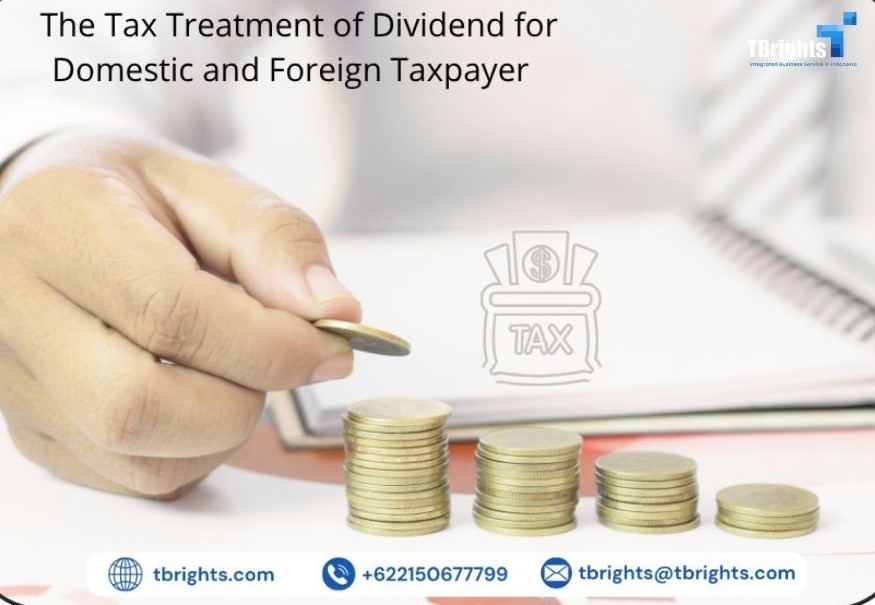
Dividends for Domestic Taxpayers
Dividends received by domestic individual taxpayers are basically the object of income tax. However, there are domestic dividends that can be excluded from the object of income tax if all dividends are reinvested in Indonesia within a period of at least 3 (three) years from the tax year the dividends are received. During the investment period, the invested funds may not be transferred to other places, except for being transferred to other forms of investment specified in Article 370 and Article 371 of the Minister of Finance Regulation Number 81 of 2024. The investment can be in the form of various financial instruments, such as securities, bonds, deposits, mutual funds, and others. This investment must be made before March 31 of the following year after the tax year the dividend is received. In addition, individual taxpayers are required to report investment realization periodically through DGT Online e-Reporting for three consecutive years. If the investment requirements are not met, the dividends will be subject to income tax article 4 paragraph 2 on dividends of 10%.
Dividends for Domestic Corporate Taxpayers
Dividends received by domestic corporate taxpayers from business entities in Indonesia are exempted from income tax without any conditions. That is, regardless of the share ownership, the corporate taxpayer is not subject to income tax on the dividend. This provision aims to encourage investment and provide legal certainty for business actors.
Dividends for Foreign Taxpayers
Dividends received by foreign taxpayers from sources in Indonesia are subject to income tax article 26 at a rate of 20% of gross income (Dividends). This rate may be lower if the country receiving the dividend has a tax treaty with Indonesia and the recipient of the dividend can show a Certificate of Domicile (CoD) from its country of domicile. For example, if a non-treaty foreign taxpayer receives a dividend of IDR4,000,000 from Indonesia, the Income Tax Article 26 withheld is 20% x IDR4,000,000 = IDR800,000. If it comes from a treaty partner country, the applicable rate follows the provisions of the applicable tax treaty.
Dividends From Overseas For Domestic Taxpayers
Dividends received by domestic taxpayers from overseas can also be excluded from the object of income tax provided that the dividends are invested or used to support business activities in Indonesia within a certain period of time. For dividends from overseas companies whose shares are traded on the stock exchange, the exemption applies to the amount of dividends invested in Indonesia. If the shares are not traded on an exchange, at least 30% of the profit after tax must be invested in Indonesia for the dividends to be exempted from income tax.
By Olina Rizki Arizal – Partner TBrights
TBrights is a tax consultant in Indonesia which is currently an integrated business service in Indonesia that can provide comprehensive tax and business services.
Reference:
1. The Minister of Finance Regulation Number 81 of 2024 on Tax Provision in the Framework of the Implementation of the Coretax Administration System

